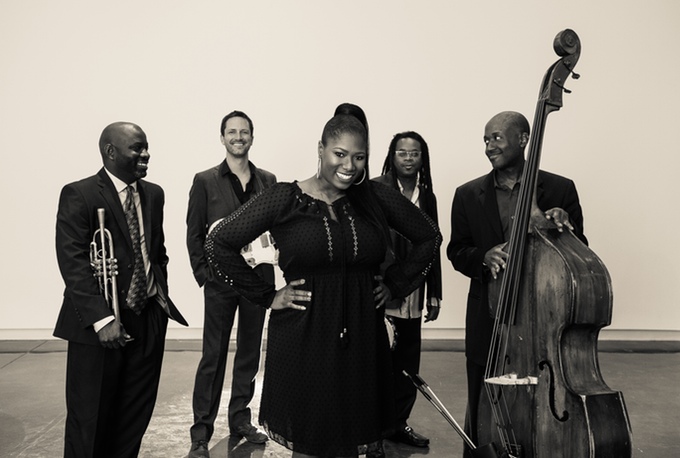Blog February 9, 2017
Ranky Tanky and the Gullah Legacy
Evidence of African culture in the Americas is often a somber memory of the slave trade and its devastating impact on millions of human beings. It is also a reminder of the tenacity and rich cultural identity of Africans in the Americas. Years and years of history came barreling through the voice of Quiana Parler, lead vocalist of Ranky Tanky, the Gullah music group from South Carolina, as she sang a riveting rendition of “I Been In the Storm So Long” during the set at globalFEST 2017 at Webster Hall. The lyrics are "I been in the storm so long / Lord so long hmmm / I’ve been in the storm so long / Lord so long / Lord please give me a little more time / I need a little more time to pray."









